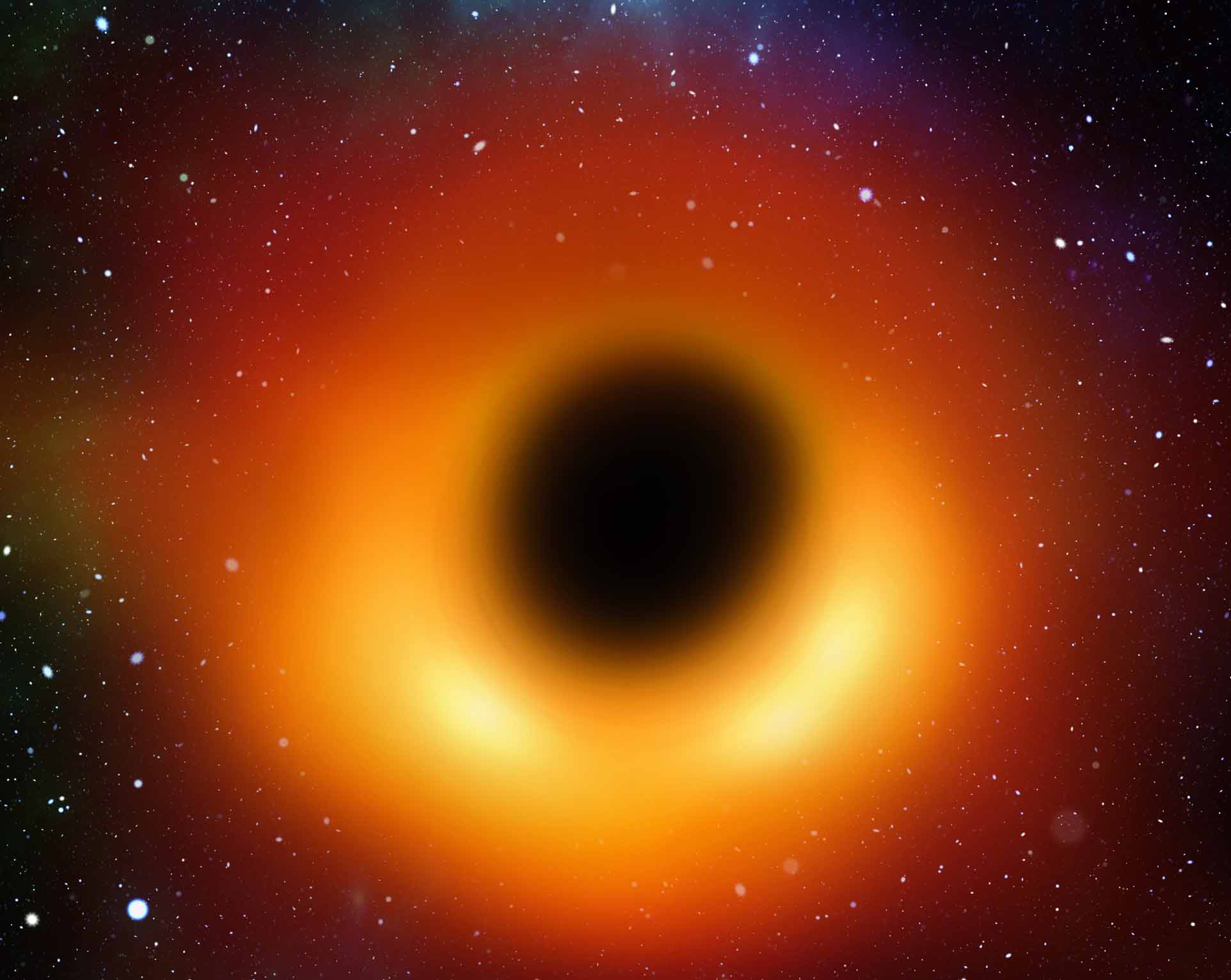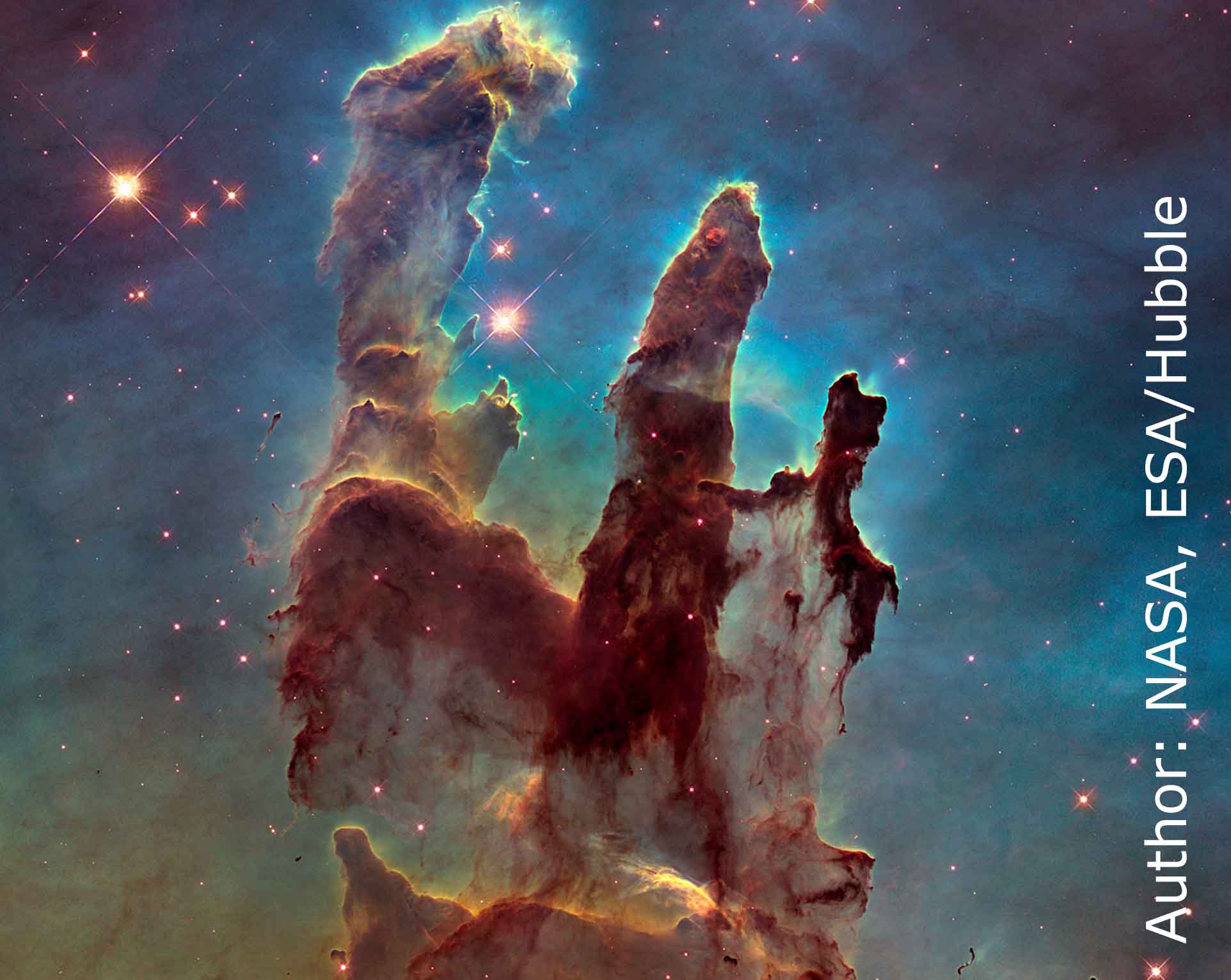Peter Foy reflects on a fascinating finding from the world of astrophysics
By Peter Foy
Not since the 1960s has there been so much interest in Space exploration. The successful launches of Elon Musk’s Falcon Rockets and the amazing photograph of a Black Hole are just two of the stories that have excited stargazing aficionados in recent years.
| Not since the 1960s has there been so much interest in Space exploration. |
To add to the excitement, organisations like NASA and private corporations such as Musk’s SpaceX are talking seriously about a mission to land people on Mars.
The first space race led to some breathtaking discoveries and achievements, and the current one promises more of the same. Just a few years ago Black Holes were a theoretical concept. But now we have a photograph of one and an amazing new phrase: the Event Horizon.
 As astronomers and astrophysicists open up new horizons for us, scientists are also revisiting established truths and uncovering interesting findings.
As astronomers and astrophysicists open up new horizons for us, scientists are also revisiting established truths and uncovering interesting findings.
For example, it has been assumed for years that Venus is our closest neighbour. Indeed, NASA’s website still contains that claim, even though most people no longer think that’s the case.
But if the second planet from the sun is not our nearest neighbour, then surely Mars, fourth in the queue, must be?
 |
In fact, the surprising answer is that Mercury, the planet closest to the sun, is our nearest neighbour. Here’s why.
Every planet orbits the sun at a different speed and on a different-shaped orbit. Taking the average of these variables reveals that Mercury is our closest planet most of the time.
 That’s what the scientists Tom Stockman, Gabriel Monroe and Samuel Cordner argue in Physics Today, at any rate. They’ve developed a new model to estimate the average distance between two orbiting bodies and produced this surprising result.
That’s what the scientists Tom Stockman, Gabriel Monroe and Samuel Cordner argue in Physics Today, at any rate. They’ve developed a new model to estimate the average distance between two orbiting bodies and produced this surprising result.
So there you are, a piece of trivia in a space-obsessed age. But who doesn’t like a little bit of space trivia?
If you have recently caught the Space Bug then there is a fantastic collection of images, captured by the Hubble telescope here.
Published: 18 February 2021
© Just Recruitment Group Ltd 2021
If you liked this article you may like to see: Just Recruitment's guide to the future
You may also like to read: Why go organic?